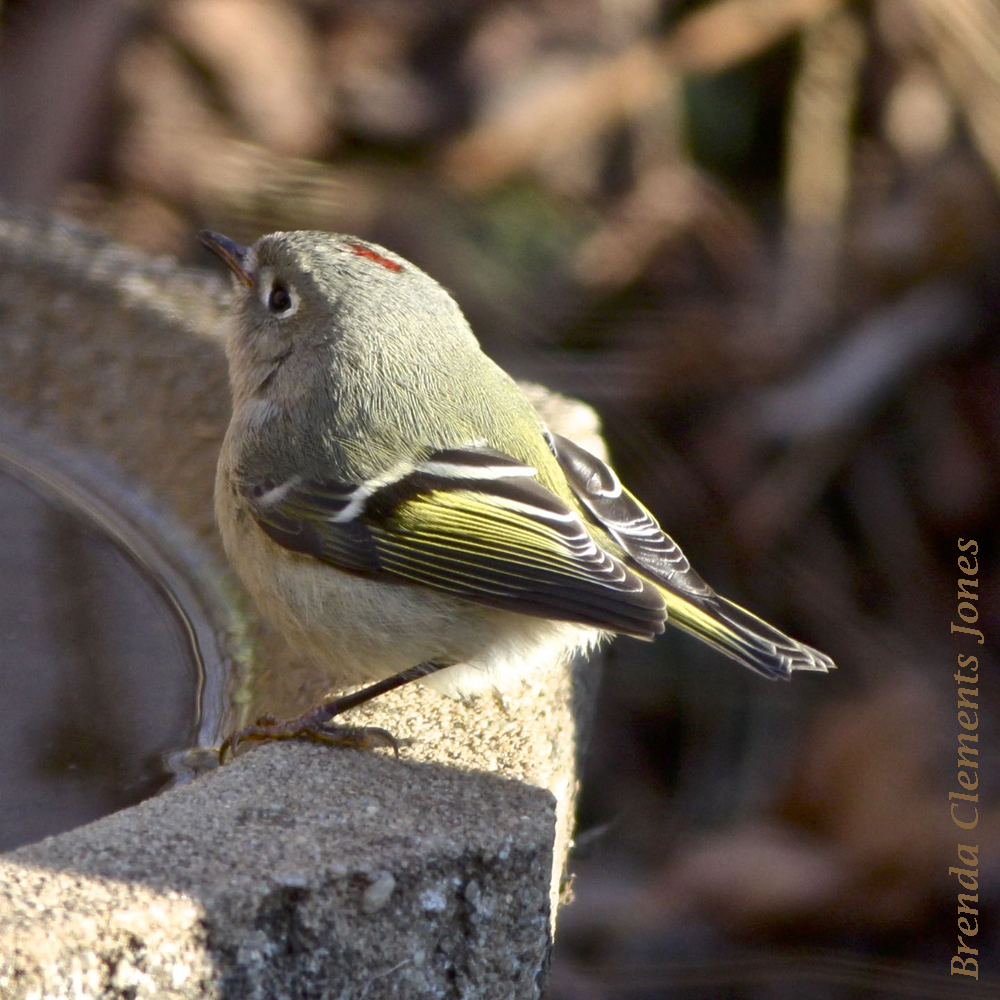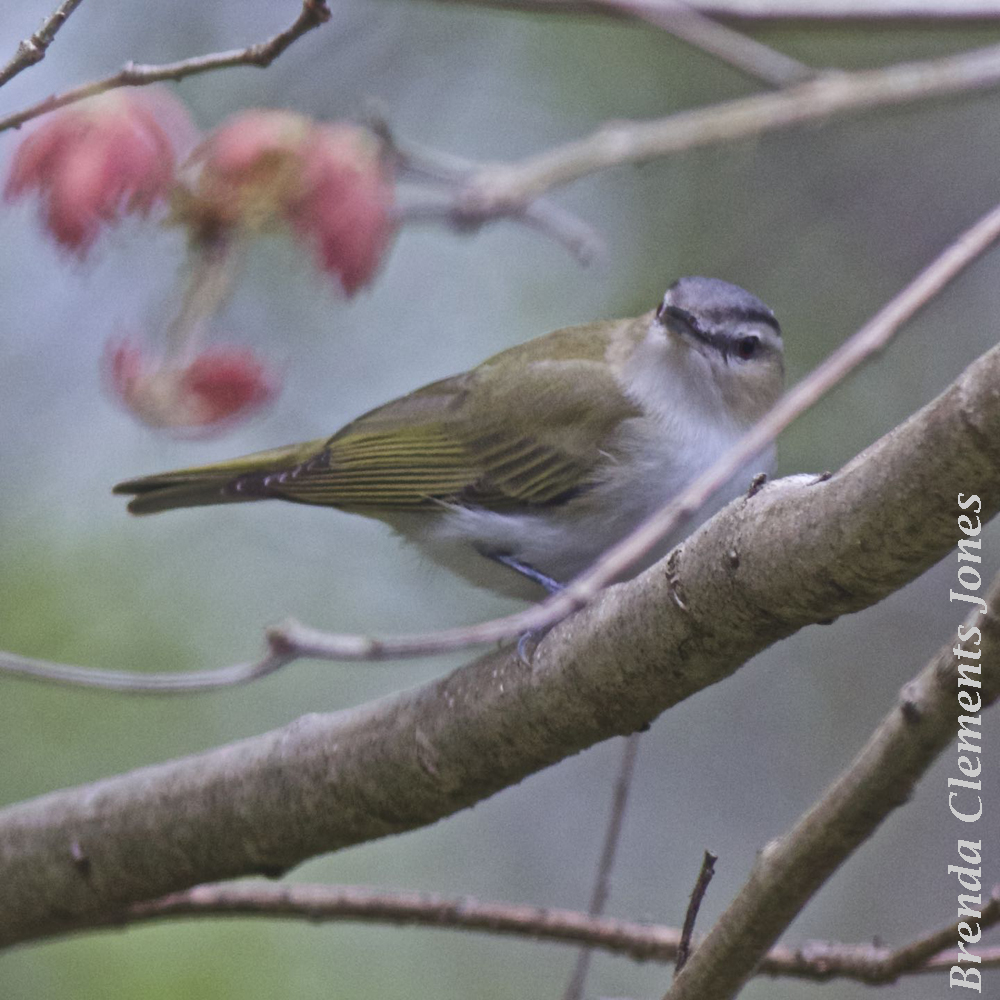-
Red-eyed Vireo At The Birdbath
I hear them frequently in the woods surrounding my cabin. Making a call that sounds like a Catbird saying, “Myaaah!” Or more of a melodious song, that I use a mnemonic to remember, “Here I am! Where are you?!” As with other birds that I wouldn’t see ordinarily, the Red-eyed Vireo (Vireo olivaceus), is looking…
-
A Busy House
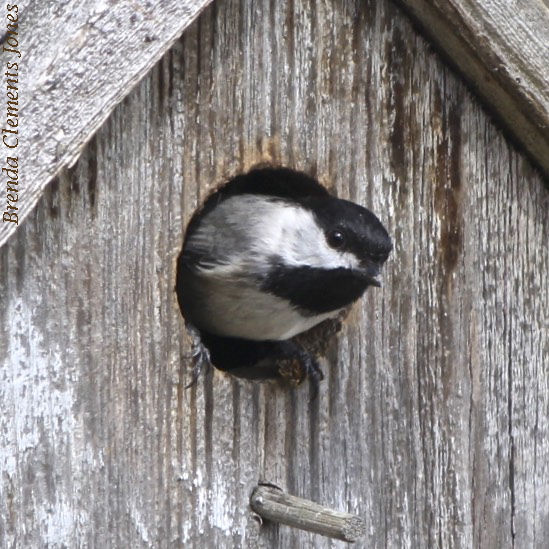
The female Chickadee (Paridae) has built her nest. I expect by now the eggs have hatched and both the male and the female are out searching for caterpillars, spiders and insects for their young. A bit of a timeline: One to two days after the female builds the nest, her eggs are laid. She incubates…
-
Skinks
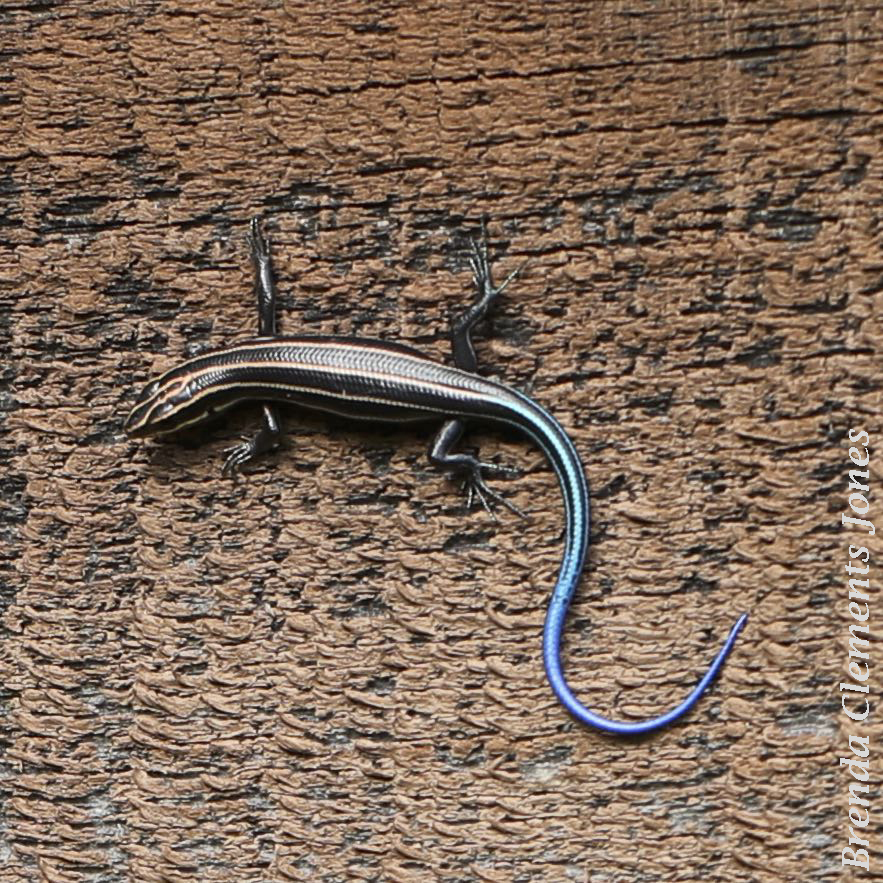
Juvenile Skinks enjoy scampering up and down the cedar siding, and running back and forth across the porches of my cabin as they look for their next meal. It’s like having my own personal pest control company on duty! They eat insects, spiders and other invertebrates. As youngsters, my Skinks sport a cool looking shiny…
-
Eastern Towhee
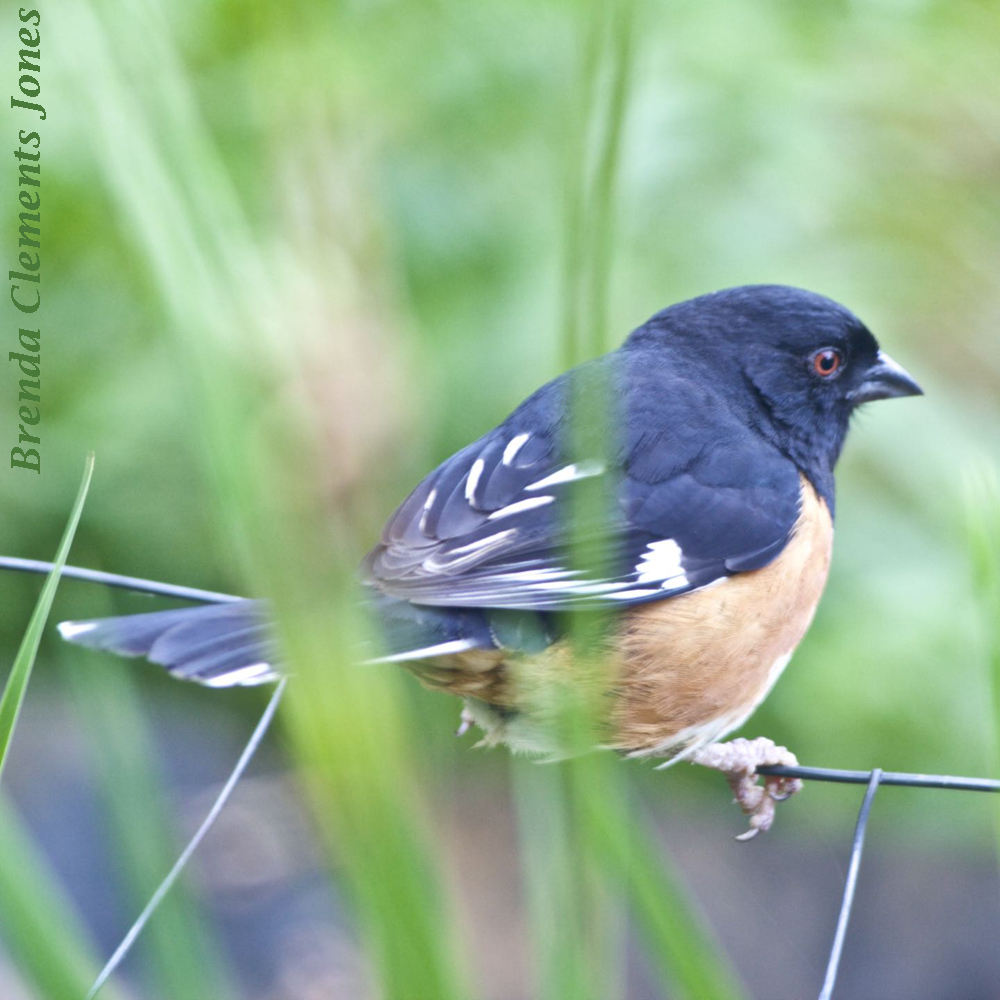
A large sparrow with a long tail. The Eastern Towhee (Pipilo erythrophthalmus) fills the edges of the woods here with their beautiful song of “Drink your teeeeaa” all day long. For me, a constant companion. Here in Virginia these Towhees have haunting red eyes but in Florida and northern Georgia they will have light straw…
-
Brown Thrasher
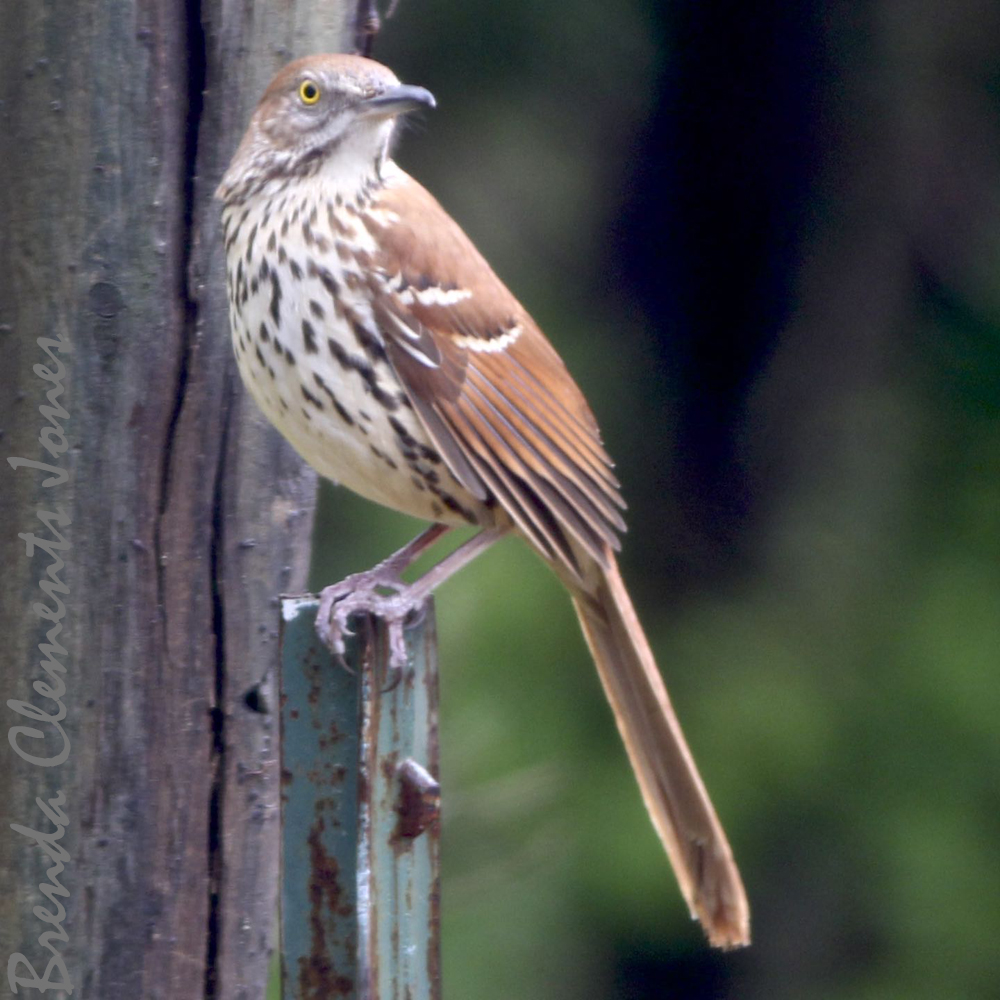
Brown Thrasher (Toxostoma rufum). Quite the handsome bird. It makes me think of a Roadrunner with its very long tail and long curved bill. They’re here during their breeding season but are year round in the deeper Southeast. The feeders here at my cabin don’t tempt them, not even the suet, but they love my…
-
Common Snapping Turtle
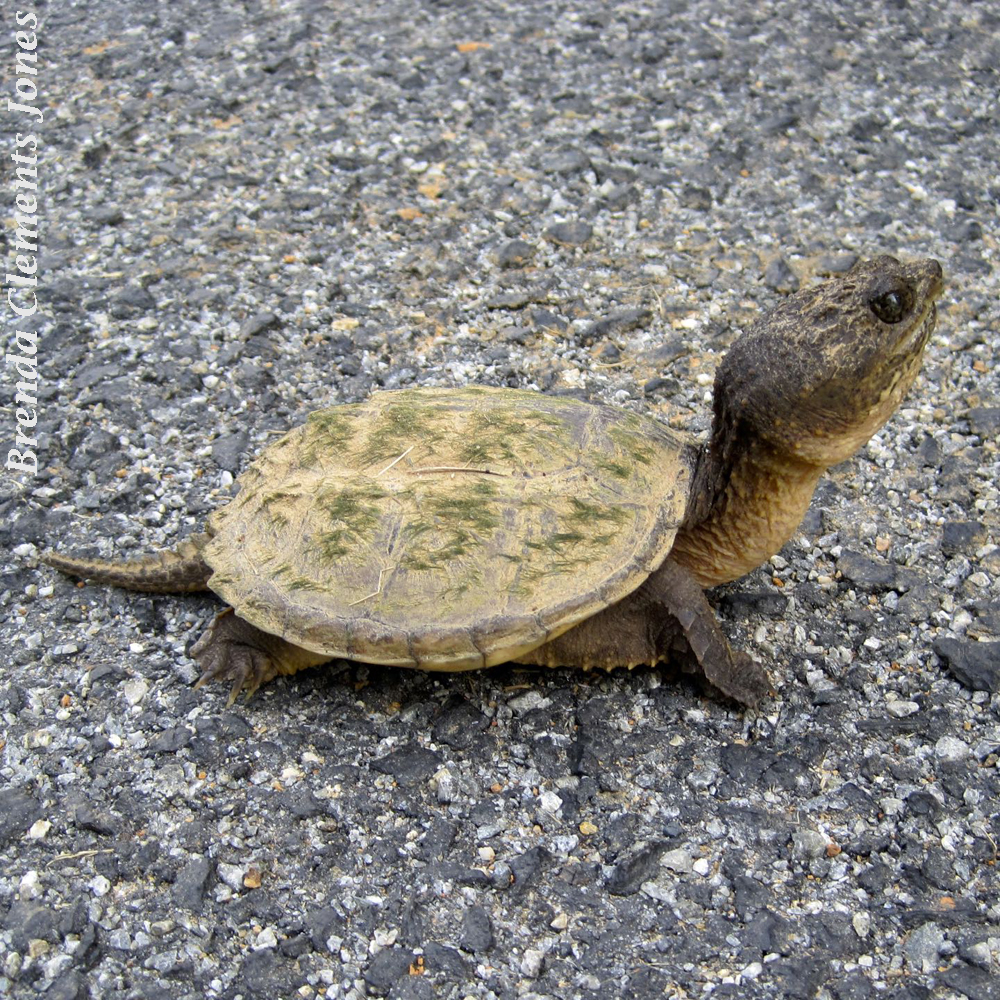
Much to my surprise it just showed up one day on a path behind my cabin. A tiny Common Snapping Turtle (Chelydra serpentina). They have a reputation as having a combative disposition but this creature was so little I could hardly think of it in those terms. A short distance from where I first saw…
-
Hooded Warbler
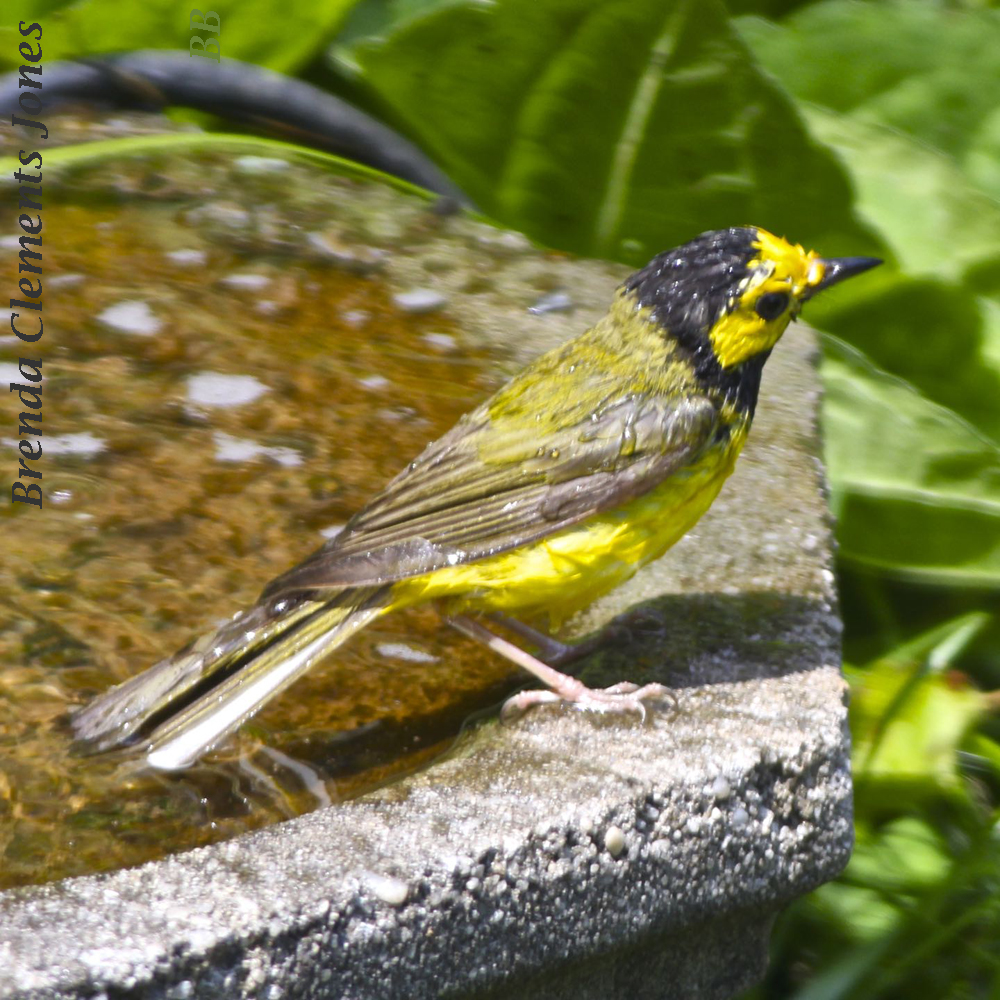
Hooded Warblers (Setophaga citrina) have been delighting me here in the mountains for many years. They spend the breeding season in eastern North America, and the winter in Central America and the West Indies. If you feed the birds during the summer, these birds generally won’t come to your feeders. They spend all their feeding moments gleaning…
-
Blackberries
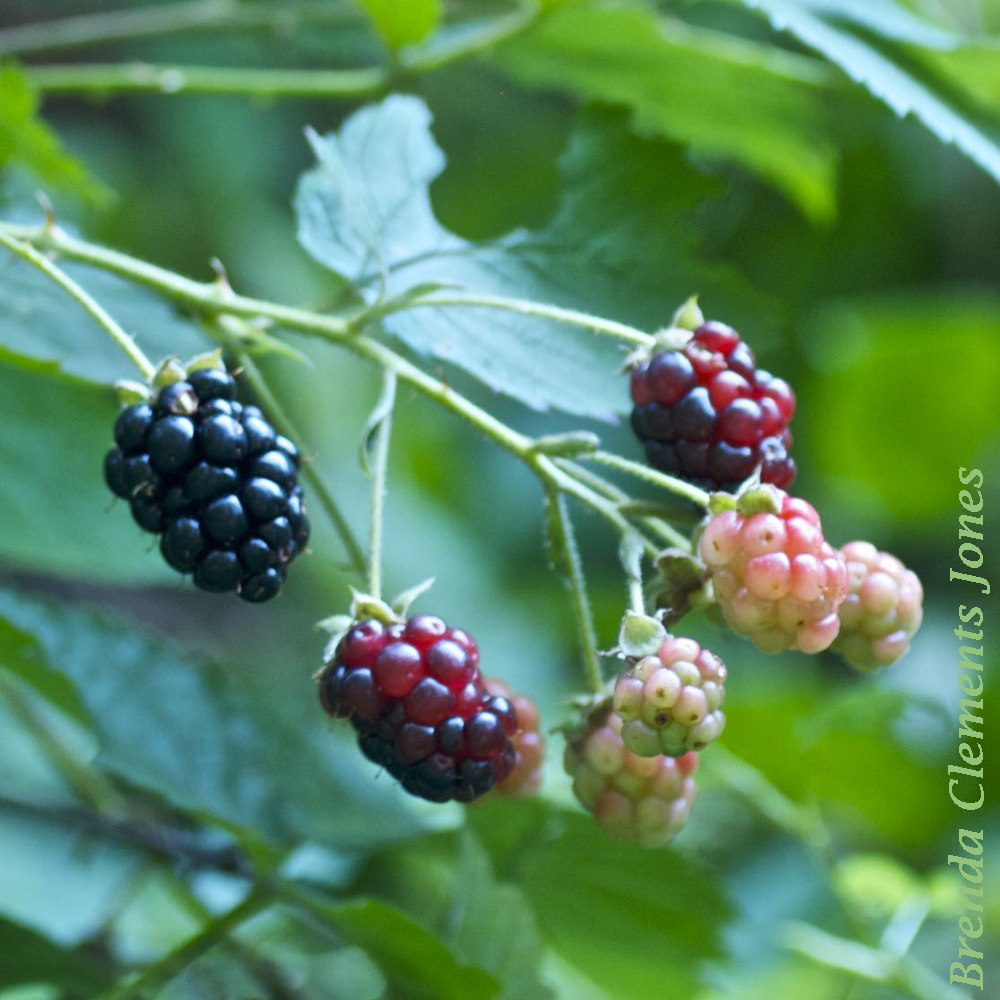
Wild blackberry bushes (Rubus allegheniensis) have just finished blooming up here in the mountains. The list of insects, game birds, songbirds and mammals that these bushes benefit goes on and on. Needless to say the ecological benefit of these bushes to wildlife is quite high. Many insects benefit from the pollen and nectar available in…
